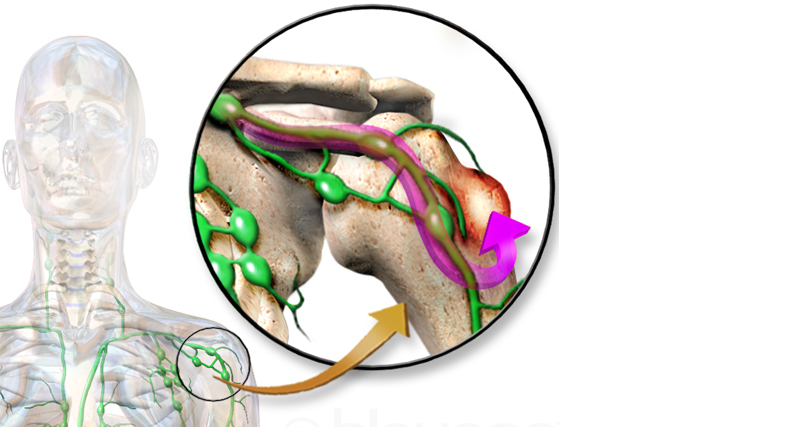Diagnosis and Testing for Bone Cancer
Prompt and accurate diagnosis is key to effectively treating bone cancer. Because early symptoms can mimic injuries or common bone conditions, doctors must carry out a thorough diagnostic process to confirm cancer, identify its type, and plan the right treatment. Learn more about the diagnosis and testing for bone cancer below.
Initial steps in diagnosis:
- Medical history and physical examination
- The doctor will ask about:
- Pain duration, intensity, and location
- Any swelling or recent injuries
- Family history of cancer
- Previous radiation exposure or bone conditions
- The doctor will ask about:
- Imaging tests
- X-rays: Often the first step to identify bone abnormalities.
- MRI (Magnetic Resonance Imaging): Provides detailed images of soft tissue and bone marrow involvement.
- CT scan (Computed Tomography): Helps assess the tumour’s size and spread, particularly to lungs or organs.
- Bone scan: Detects activity in bones and identifies multiple tumour sites.
- PET scan: Shows cancerous activity throughout the body.
- Biopsy
- A bone biopsy is essential for a definitive diagnosis.
- Can be done via:
- Needle biopsy (using a needle to remove a sample)
- Surgical biopsy (where a small section or the whole tumour is removed)
- The sample is sent to a pathologist to determine the cancer type and grade.
- Blood tests
- While there’s no specific blood test for bone cancer, tests may reveal:
- Elevated alkaline phosphatase (ALP) levels
- Inflammation or organ function issues
- Blood markers of metastasis or infection
- While there’s no specific blood test for bone cancer, tests may reveal:
- Staging
- Once doctors confirm cancer, they perform staging to determine how far it has spread
- Stage I–II: Localised
- Stage III: Multiple areas in the same bone
- Stage IV: Spread to lungs, liver, or other bones
- Once doctors confirm cancer, they perform staging to determine how far it has spread
South African context:
- Public hospitals like Groote Schuur, Chris Hani Baragwanath, and Tygerberg offer diagnostic facilities for suspected cancer cases.
- Limited access to MRI or PET scans in rural areas often delays cancer staging and treatment
Diagnosis and Testing for Bone Cancer
A timely, accurate diagnosis is the first step to improving outcomes and preserving mobility in bone cancer patients.
👉 [Next: Treatment Options for Bone Cancer]


